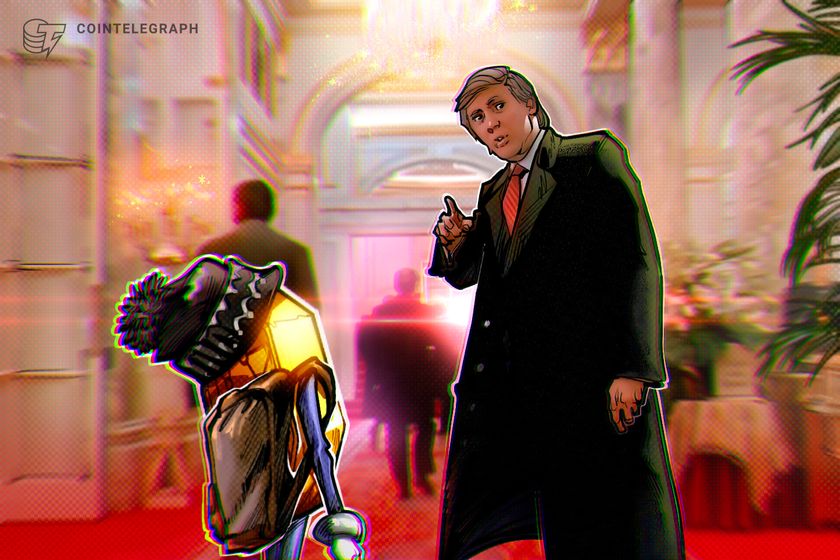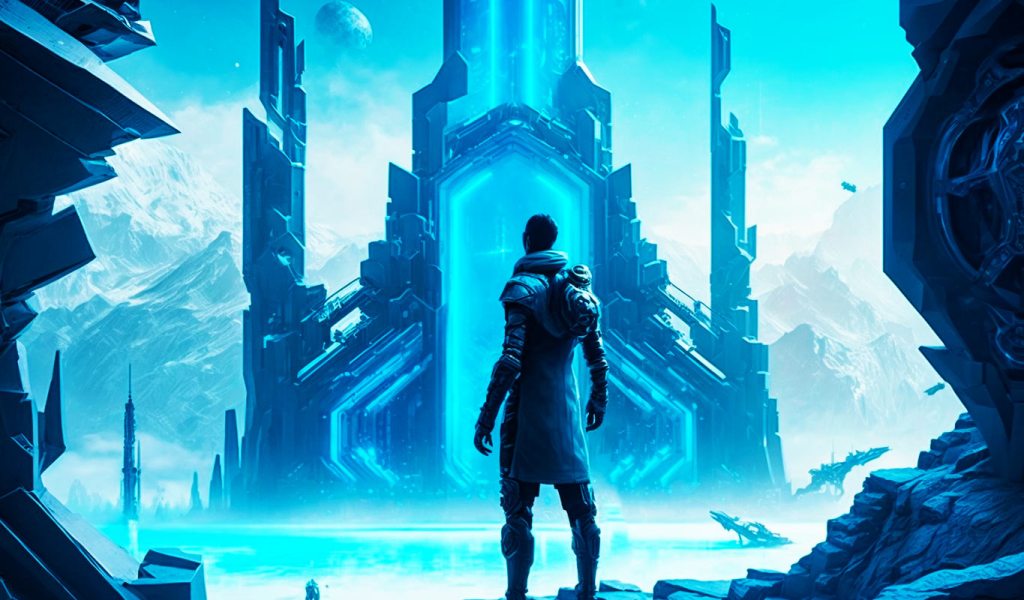
Alphabet exploring blockchain technology for flagship services

Google’s parent company is reportedly exploring applying emerging tech to its main products and services.
Google has started researching blockchain and how it may benefit Web 3.0 technology.
According to a Tuesday statement from Sundar Pichai, the CEO of Alphabet — Google’s parent company — the company is exploring integrating blockchain technologies into its flagship products and services.
When asked how the firm views Web3, Pichai said there are several “areas of interest” for Alphabet, hinting at augmented reality and exploring how blockchain technology may be utilized to power computing and service layers like YouTube and Google Maps. He said:
“Any time there is innovation, I find it exciting, and I think it is something we want to support the best we can […] The web has always evolved, and it’s going to continue to evolve, and as Google, we have benefited tremendously from open-source technologies, so we do plan to contribute there.”
Pichai also noted that Google’s cloud team, a new company area that competes with the likes of Amazon Web Services and Microsoft, is exploring how to fulfill customer demands through blockchain-based platforms.
Related: Google Cloud ramps up blockchain efforts by launching digital assets team
Notably, these are just the initial ideas Alphabet has made regarding the new decentralized web. Other organizations, including prominent Silicon Valley IT titans, have been far more proactive in adopting Web3 than Google.
Block, Twitter, Microsoft and Meta have unveiled their plans for Web3 and services that utilize cryptocurrencies. As reported by Cointelegraph, Polygon teamed up with a Reddit co-founder to launch a $200 million Web3 gaming project. Google, however, has remained on the sidelines until now.
Pichai would not address Google’s cryptocurrencies efforts during the call. Twitter has plans to integrate digital currencies into the platform’s creator tipping service. Meta had similar expectations for the Diem stablecoin project, though it was ultimately suppressed to the point of canceling the whole project.
Go to Source
Author: Arnold Kirimi








